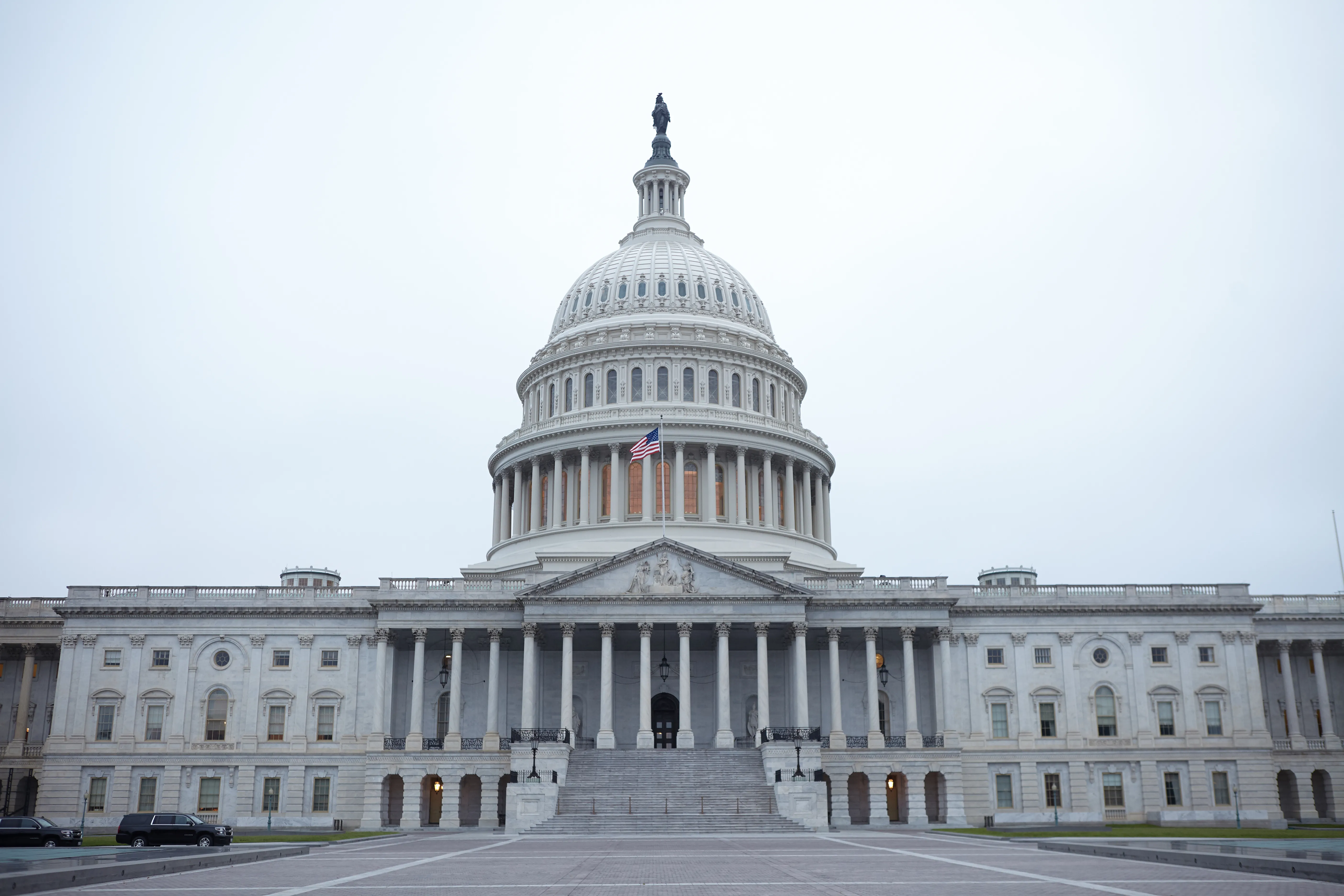
Ending school lunch-line shaming on Colorado’s November ballot
(Colorado News Connection) In November, Colorado voters will have an opportunity to end a practice known as "lunch-line shaming," which drew national attention after a Colorado child's arm was marked as a message to parents who had fallen behind on their lunch tab.
Karla Gonzales Garcia, director of organizing and community partnerships for Hunger Free Colorado, said in an age of intense political polarization, the ballot initiative known as Healthy School Meals for All resonates with voters across party lines.
"We can all agree that no kid should go hungry," Garcia asserted. "And that every kid in the state deserves a healthy nutritious meal, so they can thrive in the school, in academic performance, and they can just be healthy later on in life."
Healthy School Meals for All is a bipartisan initiative referred to the ballot by Colorado lawmakers in the last session. It's projected to help at least 60,000 Colorado children access food at school even though their parents earn too much to qualify for free or reduced-price meals. The initiative also aims to reduce stigma, and get nutritious food to more kids, by making school meals free for all students.
Garcia pointed out Healthy School Meals for All would help districts access training and purchase new equipment to give school cooks alternatives to simply opening cans to serve far less healthy processed foods.
Garcia added the measure should help strengthen regional food systems by connecting Colorado farmers with school cafeterias.
"And they can also get locally produced ingredients from our local small farms in our communities," Garcia explained. "Cafeteria workers can cook from scratch."
Garcia noted the ballot measure is doing exactly what Colorado's still-controversial Taxpayer's Bill of Rights intended: If you want to raise revenues to feed kids, you have to take it to the voters and let them know how you intend to pay for it. In this case, Garcia said it means Colorado's top earners would see their state tax deductions capped.
"The people that are the biggest earners, that is the top 3% who make $300,000 or more, will contribute in order to make sure that every kid has a meal in Colorado," Garcia stated.

















